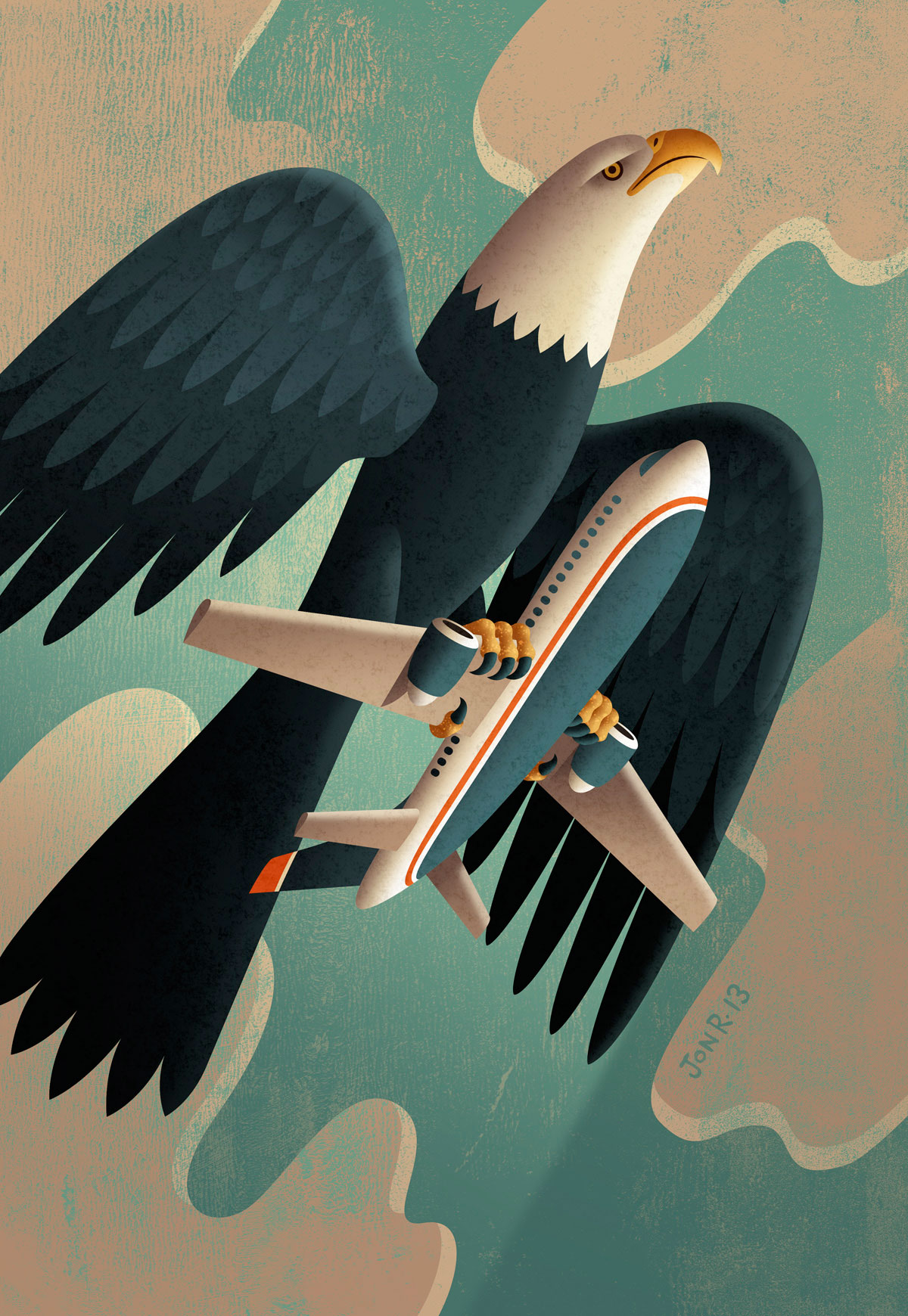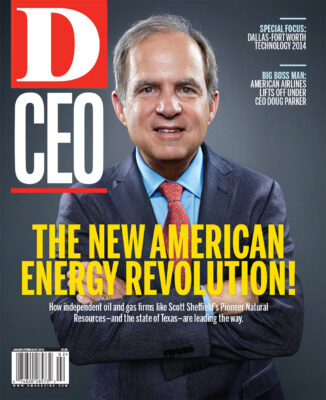Doug Parker says the way to succeed in business is not by being cutthroat or heartless, but rather by building strong personal relationships because “business is the ultimate team sport.”
It’s a lesson he learned in business school, and one that proved crucial to Parker as he clinched a deal to merge US Airways with American Airlines and form the world’s biggest airline.
American’s leaders weren’t initially keen on his merger idea. So Parker and his colleagues spent months meeting with unions, investors, and the media to influence the process. Along the way, they kept running into people they knew, people who trusted them and “were willing to stick out their necks,” Parker told graduates last year at his alma mater, Vanderbilt University.
Eventually, he won the day with American’s board and management—and the Department of Justice. Call this the soft side of business, if you will, but trust is essential to effective leadership. And rebuilding a bond between management and workers will be critical to success for Parker as CEO of the new American Airlines.
For the better part of two decades, American was hamstrung by dysfunctional relations with its major unions. The company suffered through strikes and sickouts and, more recently, five years of failed contract talks that ended in bankruptcy court. Hard feelings over executive bonuses soured feelings for former CEOs Don Carty and Gerard Arpey. Parker knows he’ll face cynicism at American as he works through the complex chore of integrating the airlines. Computer systems must be aligned, flight networks meshed, and unions must resolve seniority lists—all issues that can make for a messy merger. He says his top priority will be communicating consistently with workers at all levels. At US Airways, executives held regular meetings with employees at least once a month, taking questions and posting the sessions online. Parker also wrote an annual letter to employees explaining his compensation, because “employees shouldn’t have to go read proxy statements” to figure out what the boss is being paid.
“It’s about building credibility and trust, and you have to do that over time,” Parker told me in an interview. “It’d be nice if everybody would immediately give you the benefit of the doubt. But with everything American has gone through, I don’t expect that to be the case.”
As the longest-serving chief executive of a U.S. airline, Parker, 52, brings an interesting pedigree to the job. He started his career in American’s finance department under Robert Crandall, the tough-as-nails CEO who led American with vision and intelligence but whose “business is war” philosophy set the stage for years of antagonism with organized labor. After a stint at Northwest Airlines, Parker moved to America West Airlines, where he rose to CEO just days before 9/11. He led efforts in Washington to secure federal aid for the industry and, in 2005, merged America West with bankrupt US Airways.
While improving operations at US Airways, he pushed for more consolidation, making unsuccessful runs at both Delta and United that provided a road map for the American bid. In style, Parker seems more akin to Herb Kelleher, the legendary leader of Southwest Airlines, than a Crandall protégé. While many CEOs insist they answer first to shareholders, Kelleher’s philosophy was to put employees first. He believed that if you take care of your employees, they take care of customers and shareholders are served. Asked which way he leans, Parker praises both Crandall and Kelleher, saying that each had a unique style that worked for their company. He plans to do the same: “At this time, at the new American, what’s right is to have a style that is open, candid, and highly communicative to the employees, that gives the employees the tools they need to do their job.”
That may sound like lip service, but in the airline business it’s actually critical to success, says Henry Harteveldt, travel industry analyst with Hudson Crossing in San Francisco. “Creating the right culture will be as important as creating the right network in terms of turning around this business,” Harteveldt says. If workers aren’t happy, “they have a unique ability to take out their unhappiness on the customer.”
So can Doug Parker change American Airlines, or will American Airlines change him? “I think Doug will change American Airlines. He has the promise of being a change for good in terms of culture and creativity,” Harteveldt says. “It’s a very exciting time to be Doug Parker.”






